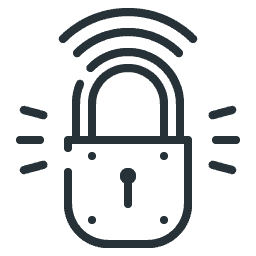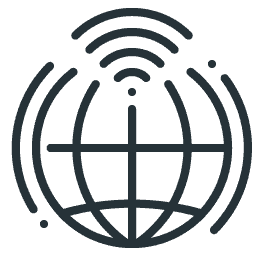Elevated Functional Testing Standards
Functional testing is a crucial phase in software development where each component and feature of a system is examined to verify its compliance with specified requirements. This testing process evaluates the functionality of the software by testing each function against the functional specifications. It aims to ensure that the software application behaves correctly, performs its intended tasks, and meets user expectations.
Test Case / User Story Designing
Test case and user story designing are fundamental processes in software development and quality assurance. Test case designing involves creating detailed plans that outline specific scenarios to be tested, breaking down system functionalities into discrete steps with inputs, expected outcomes, and success/failure conditions.
Cross-Browser Functional Testing
Cross-browser functional testing is the process of evaluating the functionality of a web application across different web browsers to ensure consistent performance and user experience. Given the variety of web browsers available (e.g., Chrome, Firefox, Safari, Edge), each with its own rendering engine and compatibility quirks, this testing approach helps identify and address browser-specific issues that may affect usability or functionality.
Cross-Device Functional Testing
Cross-device functional testing involves testing a software application across different devices to ensure compatibility and usability across various platforms, screen sizes, and hardware configurations. With the proliferation of smartphones, tablets, laptops, and desktop computers, users expect seamless experiences regardless of the device they're using.
With integrated cyber security services, our proven worldwide expertise helps you transform safely.

Attack surface unknown

Regulatory Compliance

Rapid digital transformation

Emerging threat landscape
Your frequently asked questions Answered
Today’s primary cybersecurity threats facing businesses include phishing attacks, ransomware, insider threats, data breaches, and advanced persistent threats (APTs). These threats exploit systems, networks, and human behavior vulnerabilities to gain unauthorized access to sensitive information or disrupt business operations. To stay updated on the latest cyber threats and security measures, organizations can refer to reputable cyber security sites and monitor real-time threat intelligence to defend against today’s evolving attack landscape proactively.
Considering the evolving nature of cybersecurity threats, a cybersecurity audit is a proactive step toward fortifying your organization’s defenses. It helps identify security gaps, weaknesses, and vulnerabilities in your systems and processes and provides valuable insights into your compliance status with industry regulations like GDPR or PCI DSS. Our tailored recommendations empower you to avoid potential threats, ensuring your organization’s security and compliance.
It’s equally important to maintain regular security measures. Implementing robust security controls such as firewalls, antivirus software, and intrusion detection systems is a must to protect against malware and unauthorized access. Regular security awareness training for employees is crucial in preventing phishing attacks and ensuring they follow best practices for password management and data protection. Employing multi-factor authentication (MFA) and encryption techniques enhances the security of sensitive data both at rest and in transit. Regularly updating software and systems with security patches and conducting vulnerability assessments are critical measures to mitigate cyber threats effectively.
Affordable prices
We offer competitive and affordable prices to ensure accessibility without compromising on quality.






